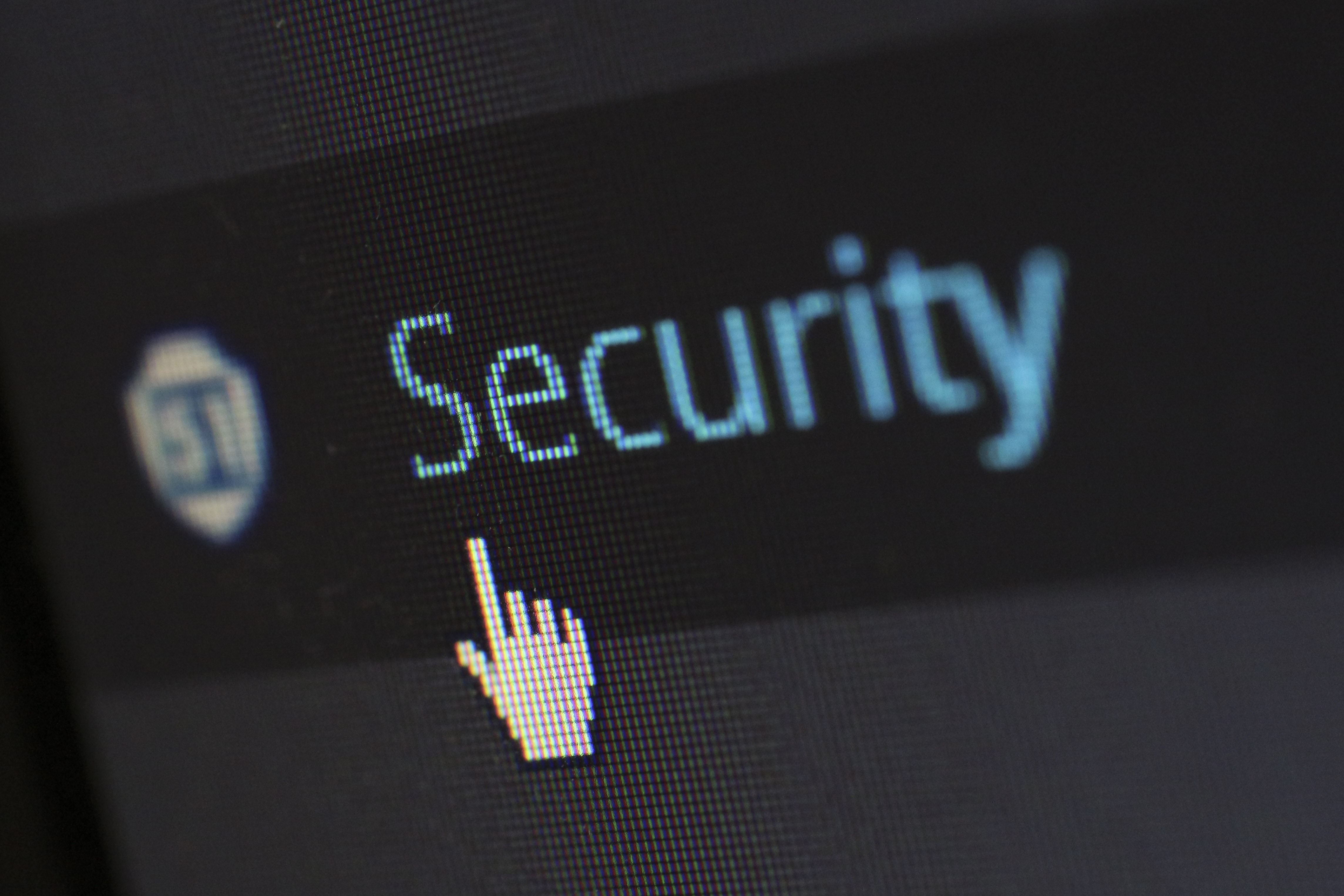Are you taking steps to protect your finances against cyber criminals?


Nearly all of us have been victims of cybercrime – or know someone who was – and the result can take a huge financial toll. In 2020 alone, people age 60 and over reported losses exceeding $966 million1. Cybercriminals are more likely to prey on seniors because they are more likely to have money, they may have memory issues, and they tend to be more trusting.
For that reason, it’s imperative to be wary of links in emails from unfamiliar senders. Emails, text messages, and social media posts can all contain malicious links. Spam or malicious emails are by far the most common method attackers use to deliver malware or phishing links. Be especially wary of emails urging you to go to a website and provide personal details. If you ever feel pressured to click on a link or pay some money, step back and assess the situation.
Going one step further, you should try to avoid opening any attachments unless you know the sender and were expecting them to send something. While attachments to an email, social media post or text message may appear to be harmless, they could contain malware designed to launch an attack on your device.
These attachments can be disguised as run-of-the-mill Word documents, PDFs, e-files and voicemails. If the file appears to be from someone you know but it is unexpected, reach out to them via a different method, just as a text or voice call, to make sure they sent you something.
When it comes to passwords, the recommendation is to have strong passwords for our online accounts and not to use the same password anywhere else. A password manager can be used to store your passwords securely so you don’t have to worry about remembering them all.
Taking steps to keep your password secure is an important first line of defense, but an optimal way to protect your accounts is to use two-factor authentication. It can provide an extra layer of security, which can save you the hassle and countless hours it’ll take to recover a hacked account or stolen funds.
Internet safety for adults is important, but it doesn’t have to be stressful. To help, we have a complimentary packet with more best practices that could help keep you and your finances safe online. This is an exclusive offer for those who schedule a meeting with us. And if you have questions or concerns about anything we’ve talked about today, give us a call 216-520-1711 or visit www.lineweaver.net. We’re here to help!
1 How Older Adults Can Improve Their Personal Cyber Security, ncoa.org, 2021


 Virteom
Virteom